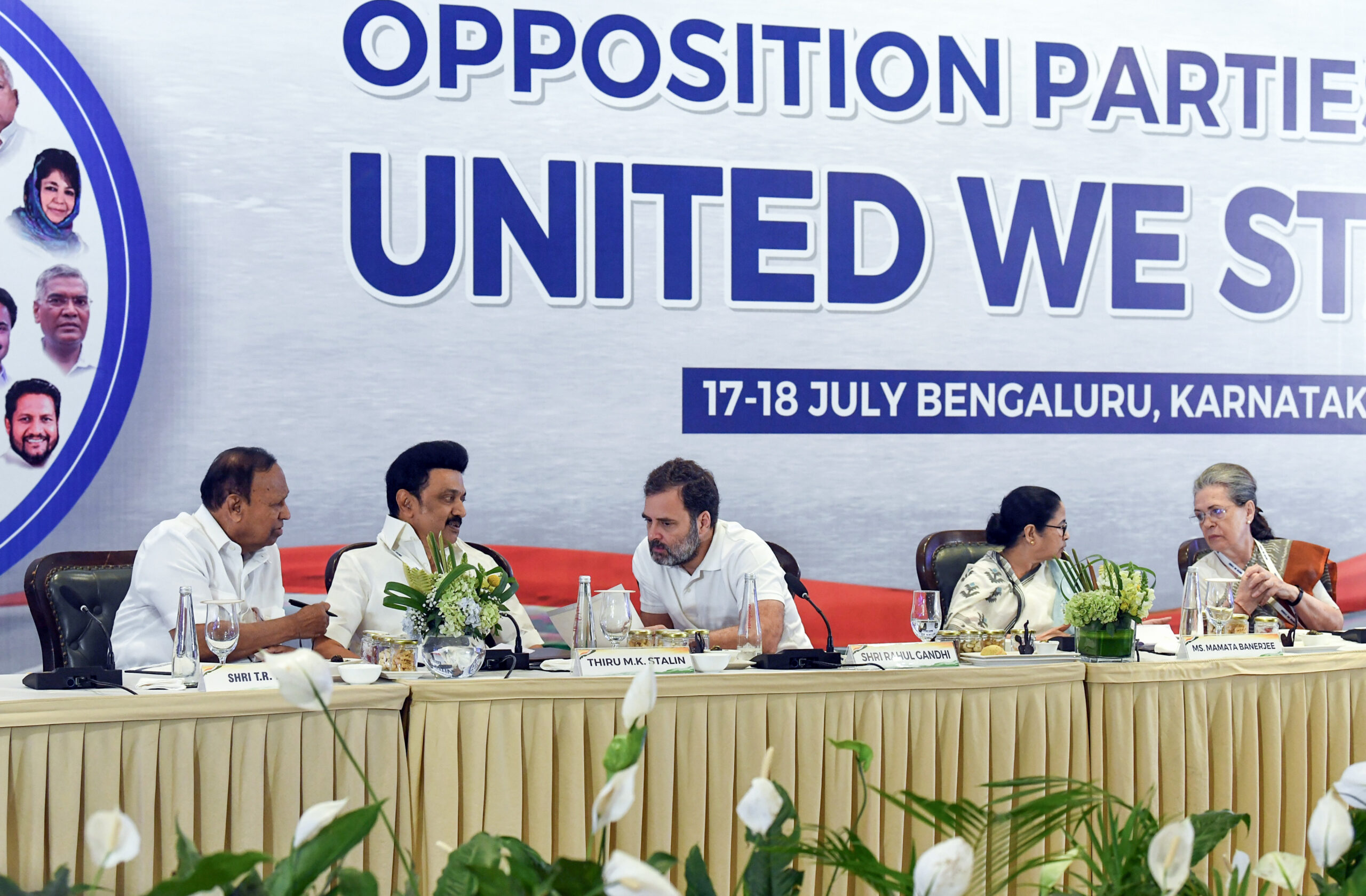
The no-confidence motion mechanism provides a platform to challenge the government in case it is perceived to have failed in its responsibilities. In the wake of continued violence in Manipur, a no-confidence motion has been moved against the Modi government.
However, Opposition parties have used the no-confidence motion move as a tactical tool to disrupt the administrative proceedings rather than as a genuine attempt to question the government’s performance. The Opposition parties are using the no-trust motion tool under the veil of constitutional spirit and public welfare to disrupt the proceedings in Parliament and satisfy their own political needs.
The attempt at strategic use of civil conflicts as a political tool by parties has throughout the country’s history led to much turbulence and attempts at shaping public opinion. These civil conflicts serve the interests of political parties and come at the cost of societal harmony and stability—their strategic use has the potential to complicate fault lines and consolidate societal divides. No-confidence motions in India supposedly serve as an essential popular medium to hold governments “responsible”; however, the application of such motions as a political tool to “take advantage” of civil conflicts is a reflection of the complex and competitive nature of Indian politics. While such use of no-confidence motions can act as catalysts for change, they can also lead to insecurity and uneasiness, hindering the nation’s progress.
It cannot be denied that under Prime Minister Narendra Modi, India’s foreign relations with many sovereign states and international organisations have shown marked improvement. The Indian economy has also seen remarkable achievements. However, Opposition parties are now using some security and internal disturbances as an opportunity to target the Modi government’s record of good governance.
India’s complex social fabric is frequently exploited through identity politics. Parties may instigate revolutions or conflicts along ethnical, verbal, religious, or indigenous lines to consolidate votes from specific identity groups. This approach can be largely effective in regions with strong collaborative or indigenous sentiments, allowing parties to reap electoral dividends by feeding to the perceived interests of these groups. The no-confidence motion that has been devised to establish principles of ethical governance has now been put to test in its substance. Opposition parties are using this tool to point out the government’s alleged failures on the policy and governance fronts. The fate of the no-confidence motion is already sealed as the numbers heavily favour the Modi government. The government is set to navigate the no-confidence motion successfully. Any government, including the Modi administration, can face allegations of failure of governance and corruption or other difficulties that could allegedly weaken its credibility. The Modi government has been popular with a robust support base and decisive leadership. It has survived several challenges in the past. The government’s capability to fight it out has been a vital part of its outlook towards events.
In effect, the debate on the no-confidence motion will provide the Modi government with an opportunity to highlight the Centre’s achievements, performance, and public programmes, and place them during the discussion in Parliament.
Like any government, the Modi government’s tenure has also been marked by a blend of accomplishments and challenges. While it has made significant strides in many areas like infrastructure development, foreign policy, and fiscal consolidation, there have been some internal challenges. As the government moves forward, it must address these challenges while building upon its achievements to steer India towards a path of holistic growth and progress. Eventually, the success of any government is contingent on its capability to learn from history, adapt to changing circumstances, and effectively serve the different requirements and aspirations of its citizens.
Devranjan Singh Shekhawat is a student of B.B.A LL.B (H), 4th Year, 7th Semester, Seedling School of Law and Governance, Jaipur National University.















